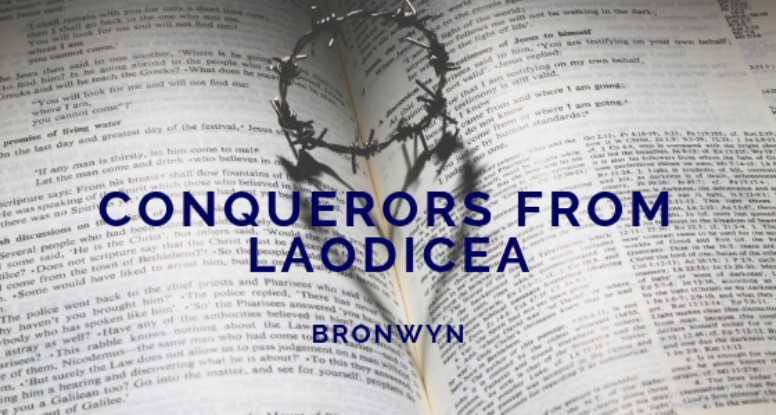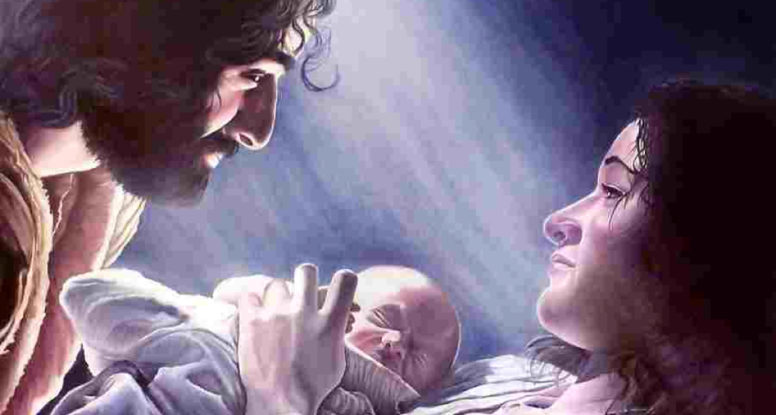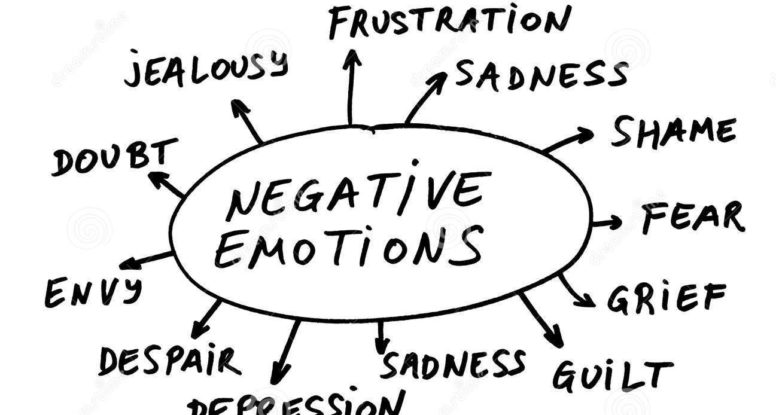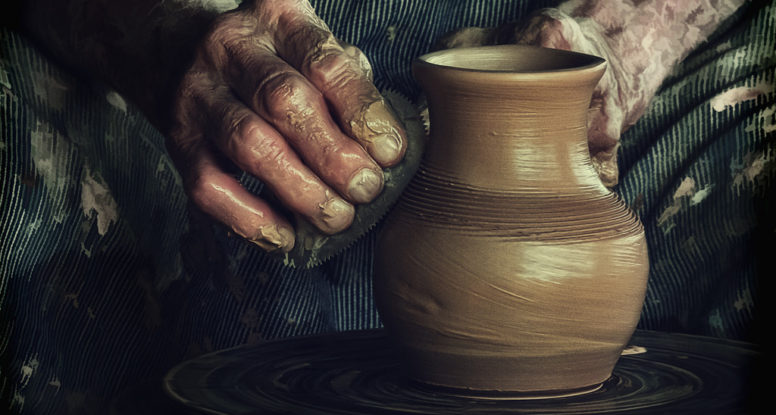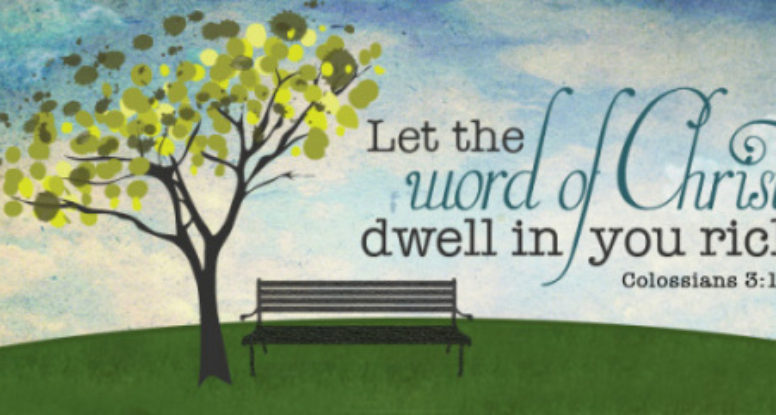I had finished reading a particularly riveting book and was looking for my next literary escape. Darrell was keen to visit Koorong which suited my son well as there is a play area there. While browsing the shelves for a Mark Sayers book, my eyes happened on this book: Emotionally Healthy Spirituality by Peter Scazzero. The cover was not so eye-catching with a picture of an iceberg, but I had bought the book before when it was recommended to me and never got around to reading it properly. I had been looking for it a few weeks before and did not find it at home. Here it was!
So here are my thoughts on this insightful tome.
This has answered in part, some of my questions about Christianity and the church. These questions that I have raised are not original but probably asked by many people at almost every point in church history.
- Why are Christians just as annoying as non-Christians? Sometimes worse?
- Why are Christian marriages just as likely to fail as non-Christian marriages?
- How come I read the Bible, pray, evangelise and attend church weekly but still have problems beating those bad habits and overcoming addictions?
- Why are so many God-fearing, passionate Christians who read the Bible and pray so frequently and know the Bible so well, still such awful people to be around?
- Why do some people just push my buttons and I just hate them so much?
Indeed this book even gives more food for thought:
- Church members beat their wives as often as their neighbors
- Church members’ giving patterns indicate they are almost as materialistic as non-Christians
- White evangelicals are the most likely people to object to neighbors of another race
(taken directly from p. 30)
And it quotes Ron Sider’s The Scandal of the Evangelical Conscience:
“Christians are as likely to embrace lifestyles every bit as hedonistic, materialistic, self-centred and sexually immoral as the world in general.”
Pretty hard-hitting facts which shows there must be something wrong when Jesus says, “A new commandment I give to you, that you love one another, even as I have loved you, that you also love one another. By this all men will know that you are My disciples, if you have love for one another.” (John 13:35 emphasis supplied)
But rather than a call to a stricter Christian life and a berating of oneself for all the misdemeanours committed this week, this book calls us to look deeper into our feelings, our past, our hurt, our grievances, our unspoken beliefs. So much of our lives are pretend, a mask we wear. We are not used to showing our true feelings or even seeing others’ true feelings. Often we are not even aware of our feelings or unspoken beliefs.
Sometimes we reject our past thinking, “What good will it do to bring that up?” not realising that it has already done damage to our psyche and relationships.
But the exploration is not to leave us in the despair of our deepest thoughts but to invite us to enjoy the gift of God’s all-encompassing love that is given to us and that He wants us to simply be with Him. Not to do anything for Him. Not to give Him anything. (but what could we give God anyway?)
He knows all that stuff about us but we don’t need to deal with it before coming to Him. We are enough for Him. And God is all that we could ever need, want, dream.
So when we learn about our true selves, we are not overwhelmed by how inadequate we are (although it can be rather overwhelming), but are empowered by God’s greatness to heal those hurts, fill those inadequacies and replace those false beliefs with truth.
Apologies if this is sounding airy-fairy and like spiritual, psychological mumbo-jumbo but seriously, we all have crazy ideas that we don’t even realise. But for a period of my life, I was bullied at church. I didn’t realise it at the time. I thought I deserved it because I wasn’t good enough. I thought that if I were better, I wouldn’t get treated that way. And then I thought that the bullying was a good thing and it made me a better person. So then when others went through a rough time, I thought the best thing to do was to make them push through it because it made them stronger in the end. Isn’t this how the bullying cycle works? What kind of crazy “sanctification by works” was this doctrine I was teaching? Not that I ever said it like that. But that was how I lived and it was the unspoken belief I held.
And unfortunately I don’t think that my experience of crazy theology is unusual.
I don’t have all the answers and neither does this book, but it has definitely helped me with my internal discovery and inner peace.

